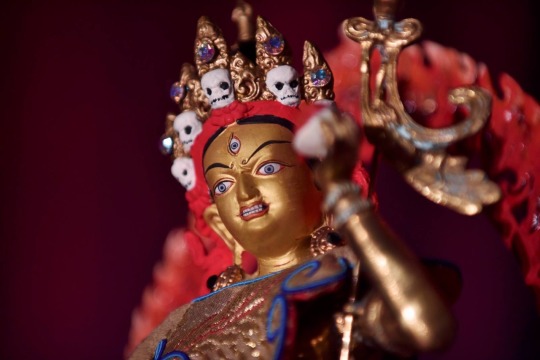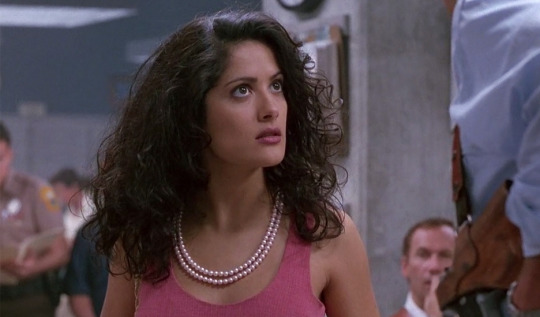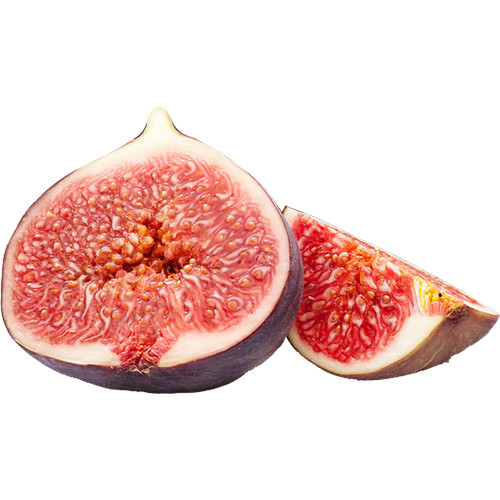Yan. Navigating life through the lens of a 26yo Sri Lankan Australian woman. Interests include psychology, biology, religion, ethics, gender & sexuality.
Don't wanna be here? Send us removal request.
Text


Re-emerging 7 years later to add to the dopamine dressing archives 🐍
8 notes
·
View notes
Photo

“ Witches going to their Sabbath ” 1878
Luis Ricardo Falero
5K notes
·
View notes
Note
As an animal species, do you believe humans are truly monogamous creatures? Or, is it more complex than that?
When this subject was being brought up and conversation started expanding amongst the public as anthropologists and evolutionary biologists/psychologists’ research was formally being published, the below article ‘Are Humans Meant to Be Monogamous?’ from Jeanna Bryner, Managing Editor @livescience-yahoopartner covered it well:
Only 3 percent to 5 percent of the roughly 5,000 species of mammals (including humans) are known to form lifelong, monogamous bonds. The committed partnership between a man and a woman evolved, some say, for the well-being of children. The human species is somewhat unique amongst mammals in that fathers do invest in raising children .
Social monogamy is a term referring to creatures that pair up to mate and raise offspring but still have flings. Sexually monogamous pairs mate with only with one partner. So a cheating husband who detours for a romantic romp yet returns home in time to tuck in the kids at night would be considered socially monogamous.
“We do know that in humans we do have this pretty strong pair bond, and there’s more paternal investment than in most other primates,” said Daniel Kruger, a social and evolutionary psychologist at the University of Michigan’s School of Public Health. “We’re special in this regard, but at the same time like most mammals, we are a polygynous species.” Kruger said humans are considered “mildly polygynous,” in which a male mates with more than one female.
Evolutionary psychologists have suggested that men are more likely to have extramarital sex, partially due to the male urge to “spread genes” by broadcasting sperm. Both males and females, these scientists say, try to up their evolutionary progress by seeking out high-quality mates, albeit in different ways.
“The human species has evolved to make commitments between males and females in regards to raising their offspring, so this is a bond,” said Jane Lancaster, an evolutionary anthropologist at the University of New Mexico. “However that bond can fit into all kinds of marriage patterns – polygyny, single parenthood, monogamy.”
Whether or not the married or otherwise committed individuals stray for sex depends on the costs and benefits.
“There is plenty of evidence that males have less to lose than females by having extramarital sex,” Lancaster said. “Having less to lose, it’s easier for them to do it." Women, however, could lose "dad’s” resources when it comes to raising their kids. “For women, the well-being of their children is not improved by promiscuity,” Lancaster told LiveScience.
Some scientists view both social and sexual monogamy in humans as a societal structure rather than a natural state.
“I don’t think we are a monogamous animal,” said Pepper Schwartz, a professor of sociology at the University of Washington in Seattle. “A really monogamous animal is a goose – which never mates again even if its mate is killed." She added, "Monogamy is invented for order and investment – but not necessarily because it’s ‘natural.’”
Although the research is very revealing and insightful regarding this topic, it didn’t at all surprise me, nor should it surprise anyone.
We are the only species (that we know of) on this planet which intentionally, consciously, maliciously, and selfishly, with no regard for the preservation of our own survival, destroy the habitat/environment that sustains us; while completely neglecting - or arrogantly, ‘boasting’ about the delusional perception of something we’ve created called the “short term” perspective. We psychologically position ourselves as “intellectually supreme” and become so devoured at this idea that we actually choose to protest and retard change through action and/or inaction.
The known, modern realization of biological familiarity with all other species has dwarfed our perception of what’s possible in this universe’s creative palette; while unearthing (literally) the potential of the vast interstellar habitat we live amidst, filled with equally diverse organisms. The variety of life we’ve become aware of on Earth, our evolutionary imperative is no different: ‘live long, and prosper’; however, we’ve been the fortunate(?) beneficiaries of a mind capable of grasping how significant we are to understand our own insignificance. We have the precious and privileged advantage to predict the future with immense swaths of data (information), allowing us to direct our decisions and influence our future. And if our imperative is to truly thrive and survive beyond the planetary *blink* in space and (Earth)time, it’s in our species’ logical favor and pressing haste to collaborate toward this common goal.
So, in regards to our social and sexual relationships, it’s up to the respective individuals. Our societal urgency at this point of the human species’ existence, should be to dramatically prevent scientific illiteracy from ever being a thing that could kill us; allow for A.I. to assess our economy and communicate the most efficient way to sustain productivity while devoting our silly paper currency toward scientific research and technological improvement; transition rapidly into a sustainable energy globally; eradicate poverty; explore, settle, and utilize the final frontier beyond Earth’s gravity well; and spread as much life as we can for it/they to enjoy this universe while life is still possible and the (or this) universe still exists. Then…we can contemplate our forbearers’ sex life.
What the research does not communicate to us, is the reality that now, we are living completely different lives. We have different stresses, most of which are society-generated and self-inflicted. Even the acknowledgement of that is stressful to ponder as we are shuffled through another day. It’s difficult. And as much of us as there are, the anguish of loneliness is a heavy burden; we desire and need - for our own health and survival - love. Love is not a thing, or noun; it’s a verb, and it’s a language. We all speak different tongues, and our sexual actions are our dialects.
It was in our primitive best interest to have multiple partners and seed our species forward; thus, the genetic diversity around us (and a lot of interbreeding between species), Now, the biosphere has become populated by an organism that delays its own maturation; in turn, altering the ecosystem and threatening not only their survival, but the survival of the global population of life.
So, monogamous or not, our survival is at stake the longer we remain procreating sitting targets on this planet; or place one’s sexual behavior and preferences ahead of expanding our habitable zone.
“We, who embody the local eyes and ears and thoughts and feelings of the cosmos, we’ve begun — at last — to wonder about our origins.
Star stuff, contemplating the stars, organized collections of ten billion, billion, billion atoms, contemplating the evolution of matter, tracing that long path by which it arrived at consciousness here on the planet Earth and perhaps — throughout the cosmos.
Our loyalties are to the species and the planet. We speak for Earth. Our obligation to survive and flourish is owed, not just to ourselves, but also to that cosmos — ancient and vast, from which we sprang.”
– Carl Sagan, Cosmos
33 notes
·
View notes
Photo


I come on here once in a blue moon to post selfies i’m sorry
421 notes
·
View notes
Photo


Fan Bingbing for Harper’s Bazaar China 30th Anniversary
6K notes
·
View notes

























